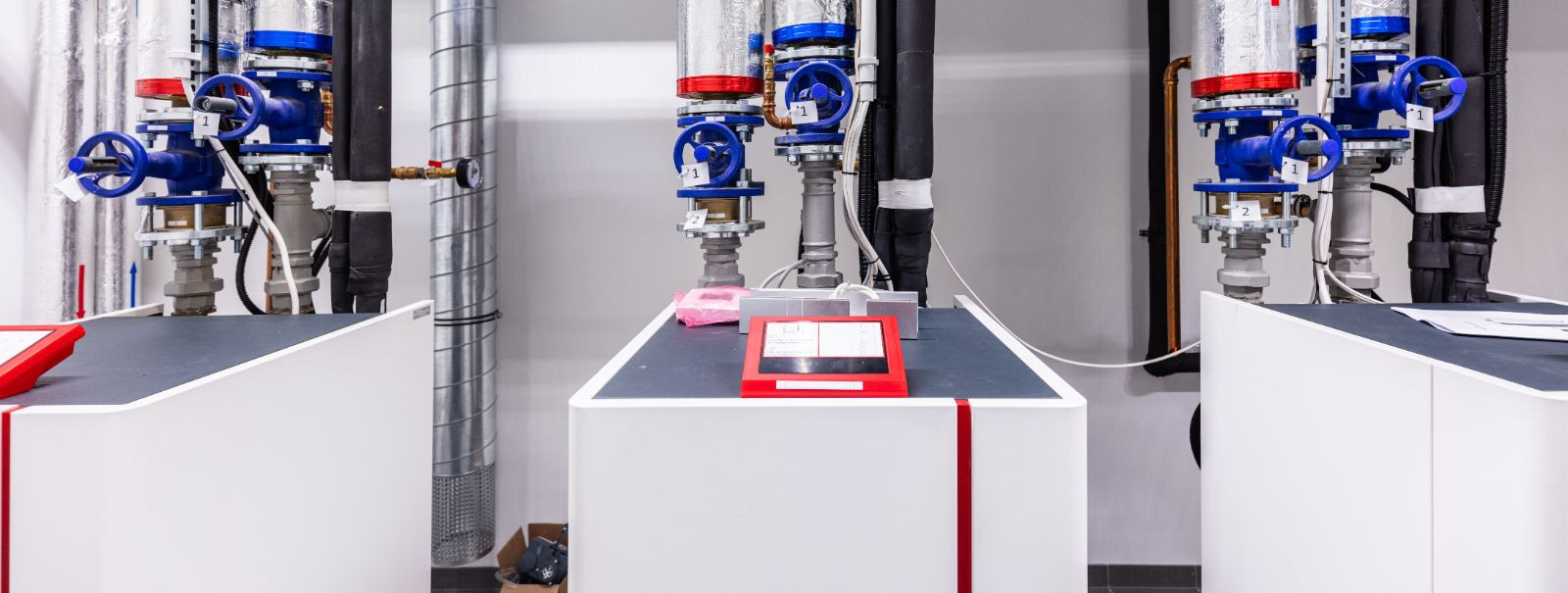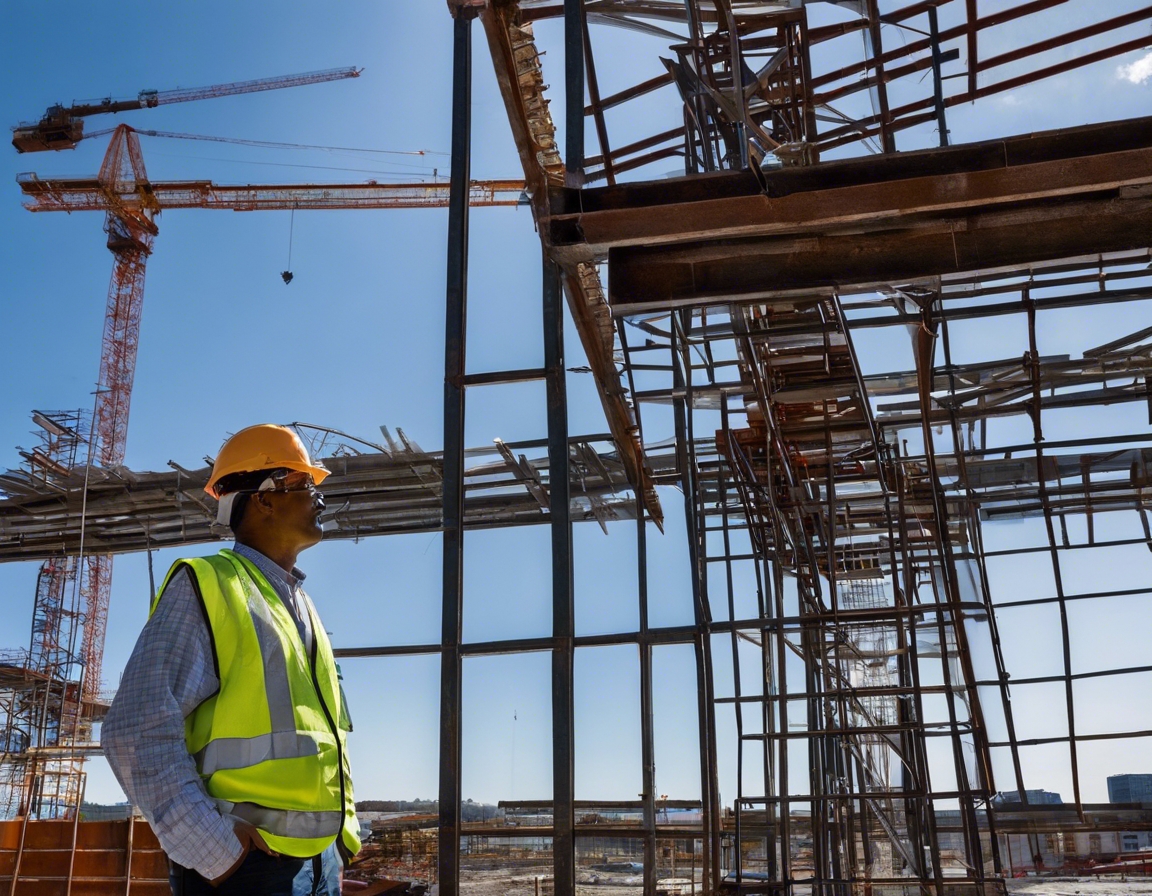The homeowner's guide to energy-efficient heating solutions
Energy efficiency in heating refers to the use of technology and practices that reduce the amount of energy required to heat a home or building. This not only conserves energy but also lowers utility bills and reduces environmental impact.
For environmentally conscious homeowners and property developers, energy efficiency is crucial. It aligns with sustainability goals, reduces carbon emissions, and can significantly cut down on operational costs.
Before considering an upgrade, it's important to evaluate your current heating system's efficiency. This might involve looking at the age of the system, maintenance history, and energy bills.
Types of Energy-Efficient Heating Systems
Heat pumps are a versatile and efficient option for heating and cooling. They transfer heat from the outside air or ground into your home, using less energy than traditional systems.
Solar heating harnesses the power of the sun to provide heat, which can be used directly or stored for later use. It's a renewable and sustainable solution that can reduce reliance on fossil fuels.
Geothermal systems use the stable temperature of the earth to heat and cool buildings. They are highly efficient and can provide long-term savings, despite higher initial installation costs.
Modern boilers and furnaces have improved designs and controls that make them much more efficient than older models. They use less fuel and convert more of it into usable heat.
This system uses water heated by a boiler to warm a space from the floor up, providing even heat distribution and reducing the amount of energy needed.
Smart Thermostats and Heating Controls
Thermostats play a key role in managing home heating efficiency. Upgrading to a smart thermostat can help maintain optimal temperatures and reduce energy consumption.
There are various smart thermostats available that offer features like remote control, learning capabilities, and energy usage reports to help manage heating more effectively.
Smart technology can be integrated with existing heating systems to enhance efficiency. This allows for better control and monitoring of energy use.
Insulation and Energy Loss Prevention
Proper insulation is essential in preventing heat loss. It ensures that the energy used to heat the home is not wasted, which is both cost-effective and environmentally friendly.
There are various insulation materials available, each with its own benefits and applications. Choosing the right one can significantly improve a home's energy efficiency.
Sealing leaks and improving ventilation are important steps in preventing energy loss. This includes addressing areas like windows, doors, and ductwork.
Financial Incentives and Rebates
Many governments offer incentives to encourage the adoption of energy-efficient heating solutions. These can include rebates, tax credits, and other financial benefits.
Qualifying for these incentives typically involves meeting certain energy efficiency standards and purchasing eligible equipment.
While the initial investment in energy-efficient heating systems can be higher, the long-term savings on energy bills and maintenance can be substantial.





Comments (0)